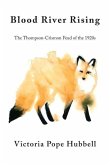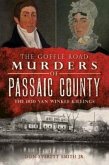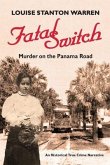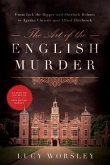In 1869, in the woods just outside of the bustling port city of Saint John, a group of teenaged berry pickers discovered sme badly decomposed bodies. The authorities suspected foul play, but the identities of the victims were as mysterious as that of the perpetrator. During a coroner's inquest, an unlikely suspect emerged to stand trial for murder: John Munroe, a renowned architect, well-heeled family man, and pillar of the community. Munroe's trial was the first in Canada's fledgling judicial system to introduce the accused's character as a defence. His lawyer's strategy was as simple as it was revolutionary: Munroe's wealth, education, and exemplary character made him incapable of murder. The press and Saint John's elite vocally supported Munroe, sparking a legal debate that continues to this day. Re-examining this precedent-setting historical crime with fresh eyes, Debra Komar addresses questions that still echo through the halls of justice: Should the accused's character be treated as evidence? Is everyone capable of murder?
Hinweis: Dieser Artikel kann nur an eine deutsche Lieferadresse ausgeliefert werden.
Hinweis: Dieser Artikel kann nur an eine deutsche Lieferadresse ausgeliefert werden.








